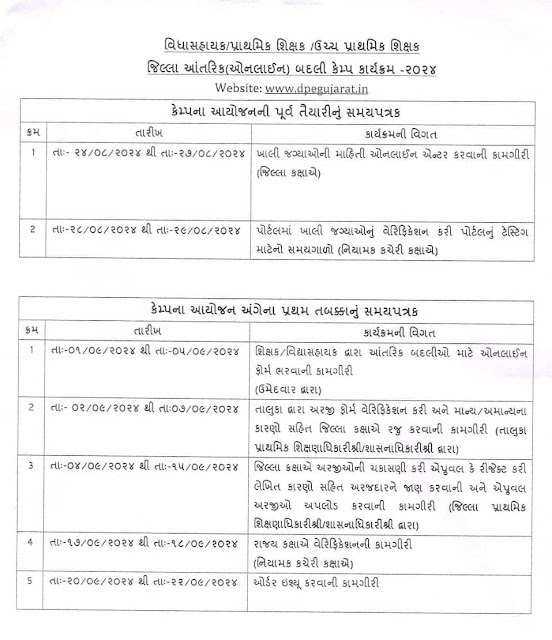31-08-2018 ni sthiti e primary teacher set up rajister taiyar karva vabate PARIPATRA 20-08-2018
Teachers that exhibit enthusiasm can lead to students who are more likely to be engaged, interested, energetic, and curious about learning the subject matter. Recent research has found a correlation between teacher enthusiasm and students' intrinsic motivation to learn and vitality in the classroom.[12]Controlled, experimental studies exploring intrinsic motivation of college students has shown that nonverbal expressions of enthusiasm, such as demonstrative gesturing, dramatic movements which are varied, and emotional facial expressions, result in college students reporting higher levels of intrinsic motivation to learn.[13] But even while a teacher's enthusiasm has been shown to improve motivation and increase task engagement, it does not necessarily improve learning outcomes or memory for the material.[14]
There are various mechanisms by which teacher enthusiasm may facilitate higher levels of intrinsic motivation.[15] Teacher enthusiasm may contribute to a classroom atmosphere of energy and enthusiasm which feeds student interest and excitement in learning the subject matter.[16] Enthusiastic teachers may also lead to students becoming more self-determined in their own learning process. The concept of mere exposure indicates that the teacher's enthusiasm may contribute to the student's expectations about intrinsic motivation in the context of learning. Also, enthusiasm may act as a "motivational embellishment", increasing a student's interest by the variety, novelty, and surprise of the enthusiastic teacher's presentation of the material. Finally, the concept of emotional contagion, may also apply; students may become more intrinsically motivated by catching onto the enthusiasm and energy of the teacher. [12]
Interaction with learners
Research shows that student motivation and attitudes towards school are closely linked to student-teacher relationships. Enthusiastic teachers are particularly good at creating beneficial relations with their students. Their ability to create effective learning environments that foster student achievement depends on the kind of relationship they build with their students.[17][18][19][20] Useful teacher-to-student interactions are crucial in linking academic success with personal achievement.[21] Here, personal success is a student's internal goal of improving himself, whereas academic success includes the goals he receives from his superior. A teacher must guide her student in aligning her personal goals with her academic goals. Students who receive this positive influence show stronger self-confidence and greater personal and academic success than those without these teacher interactions.





